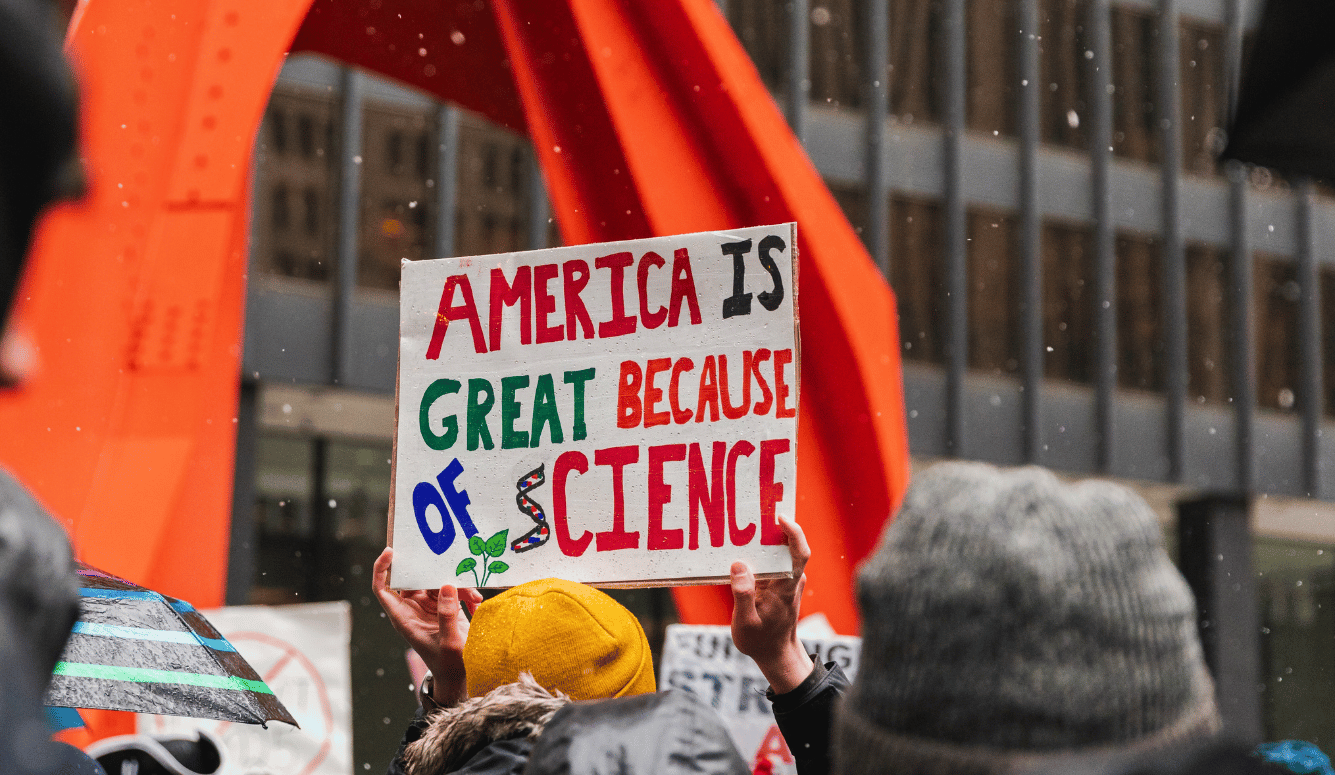Higher Education
Trump’s War on Science
The Trump administration is proposing to end support for some of the cutting-edge scientific research that is crucial to America's economic prosperity and military security.

I’d be one of the first to admit it: higher education in the US is in urgent need of significant reform. Harvard University, for example, discriminated against Asian applicants, especially Asian men, and allowed vicious antisemitism to run rampant on the grounds that it was a necessary part of free speech—all the while rigorously policing speech of which it disapproved and punishing faculty whose research results suggested that racism might not be responsible for all of society’s ills, or who simply stated openly that there are only two sexes. In addition, while discriminating against some talented students and scholars on the grounds of their race and/or sex, the university promoted people on the basis of identity politics whose academic accomplishments were unimpressive and whose plagiaristic work violated academic standards. Our major universities created bloated bureaucracies ideologically coupled to claims of social justice and allowed those overpaid bureaucrats to stifle free speech, academic freedom, and open inquiry.
STEM fields were not exempt from the madness. The National Science Foundation, the Department of Education (DOE), the National Institutes of Health (NIH), and NASA all became so wrapped up in being “anti-racist” that key aspects of their scientific mission were suffering. Indeed, the situation had become so worrisome that I joined 38 distinguished faculty who span a variety of different fields and political allegiances in writing about this in a book: The War on Science, which will be released this month.
But in response to this internal war on scholarship that has been undermining academic excellence, a new external war has erupted that may prove even more damaging to the economic health and security of the US, and to the future of scientific research and innovation at the country’s universities and scientific institutions.
The Trump administration has removed leading scientists from advisory boards and federally supported research institutions, and launched a wholesale attack on universities and departments that don’t mesh with its political agenda, without considering the consequences for the nation. Perhaps most damaging of all, it is proposing to systematically end support for most cutting-edge American research programs.





